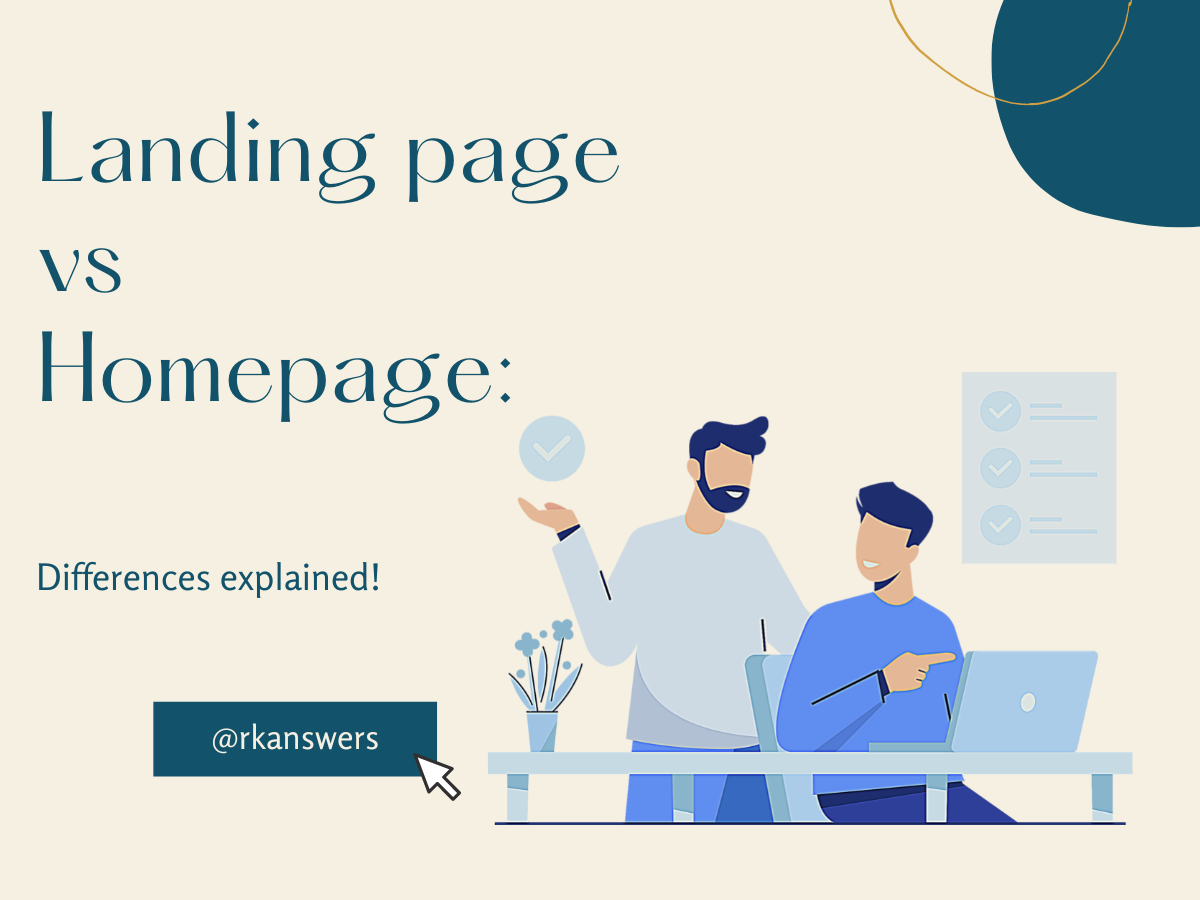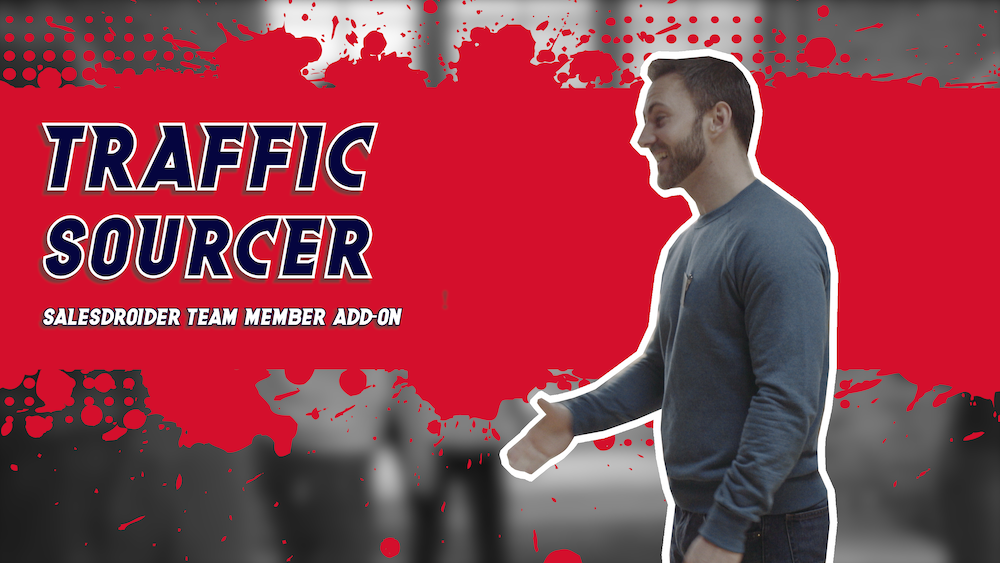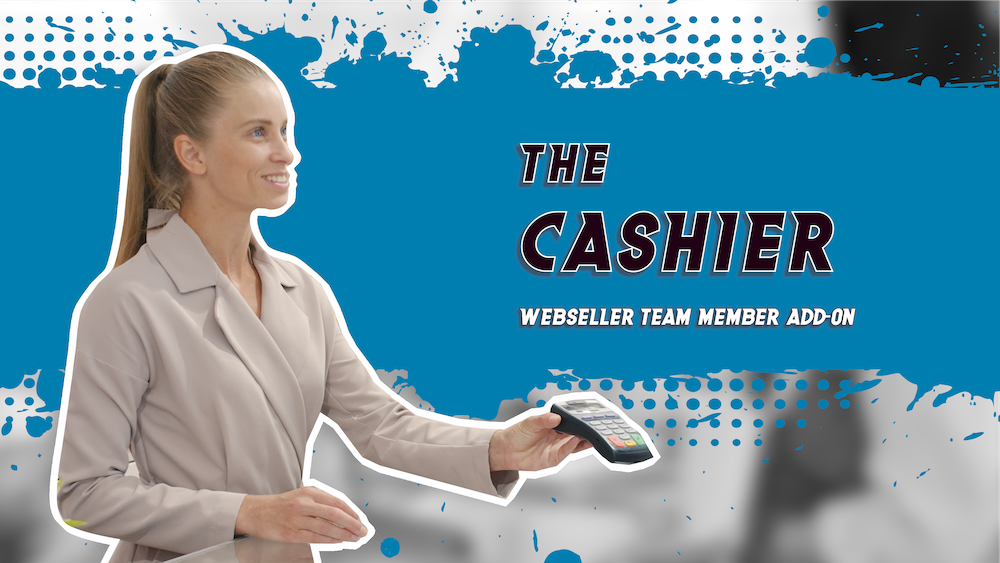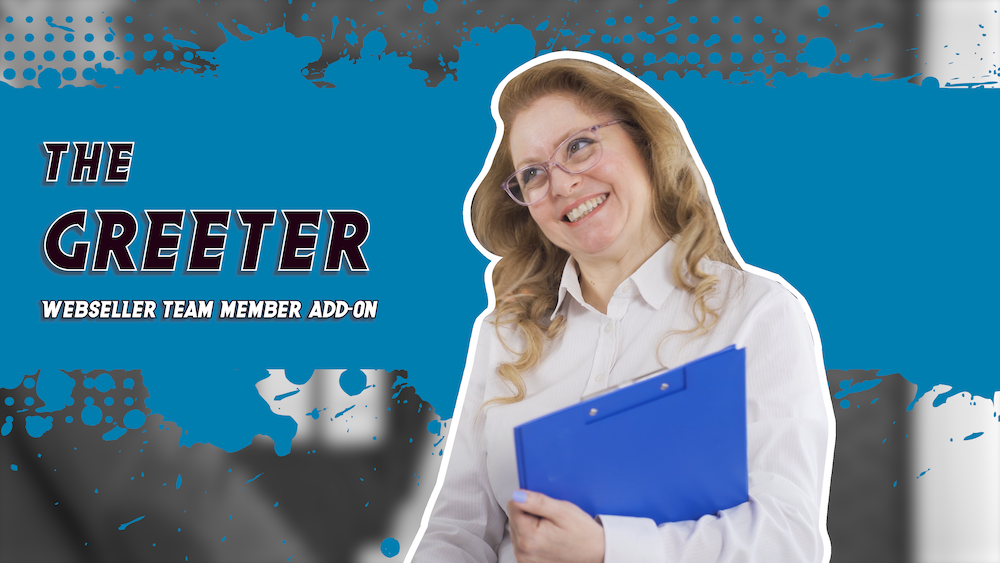
Ever wonder what the difference is between a landing page and a homepage? In this blog post, we’ll explain the key distinctions between these two types of web pages. We’ll also discuss the benefits of using each one for your business’ online marketing campaigns.
So, whether you’re just getting started with online marketing or you’re looking to improve your existing strategies, read on to learn more about landing pages and homepages!
Homepage
A homepage is the main page of a website. It is typically the first page that visitors will see when they go to a website, and it serves as a navigation tool to help visitors find the information they are looking for.
Unlike a landing page, which is designed to capture leads or sell products, a homepage is meant to provide an overview of a website’s content and give visitors a starting point for exploring the site. That’s why it’s important to make sure your homepage makes a good first impression and provides visitors with the information they need to understand what your business is all about.
A good homepage should be well-designed, informative, and easy to navigate. It should also be reflective of your brand identity and offer visitors a glimpse into what makes your business unique.
When done right, a homepage can be an extremely powerful marketing tool that helps you connect with your target audience and achieve your business goals.
Landing Page
A landing page is a stand alone web page that is designed for a specific purpose. Unlike the homepage of a website, which is designed to be general and provide an overview of the entire site, a landing page is focused on lead generation and getting the visitor to take a specific action, such as clicking through to another page or filling out a form.
Landing pages are often used in conjunction with online advertising, as they provide a way to target the customer and ensure that they are taken to the most relevant page on the site.
When used correctly, landing pages can be an effective way to increase sales and conversions.
There are different types of landing pages, each with its own advantages and disadvantages.
Splash Page
Splash pages are typically used as an introductory page to a website, and often include an animation or video. Splash pages can be effective in grabbing attention, but they can also be frustrating for users if they delay access to the content too long.
Squeeze Page
Squeeze pages are designed to communicate a single valuable offer, and typically include a form for visitors to fill out. Squeeze pages can be effective in generating leads, but they can also be off-putting if they are too sales-oriented.
Click-through Landing Page
Click-through landing pages focus on warming up your visitors to the product or service you are trying to sell. Click-through landing pages usually include a series of images or videos that describe the offering, followed by a call-to-action button. Click-through landing pages can be effective in generating interest and moving prospects further down the sales funnel. However, they can also be ineffective if the call-to-action is not clear or if the content is not relevant to the visitor.
Lead capture Landing Page
Lead capture landing pages collect the contact information from prospects who have expressed interest in buying what you’re selling. Lead capture landing pages typically include a form that asks for basic contact information, such as name, email address, and phone number. Lead capture landing pages can be effective in generating leads, but they can also be off-putting if they are too sales-oriented or if the form is too long and complex.
Referral Landing Page
Referral landing pages promote a referral program by giving prospects an incentive to refer their friends or colleagues. Referral landing pages typically include social sharing buttons and a form for visitors to fill out. Referral landing pages can be effective in generating leads and growing your customer base, but they can also be off-putting if the incentive is not attractive or if the form is too long and complex.
404 Landing Page
404 landing pages are error pages that are displayed when a user tries to access a page that does not exist. 404 landing pages should include links to other parts of the site so that users can find what they’re looking for. 404 landing pages can be frustrating for users, but including links to other parts of the site can help reduce frustration and keep them from leaving the site altogether.
Differences Between a Landing Page & a Homepage
When it comes to creating a website for your business, one of the first decisions you’ll need to make is whether to create a homepage or a landing page.
While there are some similarities between the two, there are also some key differences that you should be aware of.
Perhaps the most important difference is the audience that each page is designed for.
A homepage is intended for a broader audience, while a landing page is specifically designed for a particular audience. For example, if you’re selling products on your website, your homepage might provide general information about your brand, while your landing page will focus on convincing visitors to purchase your product.
Another key difference is the purpose that each page serves.
A homepage acts as a storefront for your website, while a landing page is designed to convince visitors to take action, such as signing up for a newsletter or making a purchase. As such, they often include testimonials, product reviews, and other forms of persuasive content. Landing pages are usually accessed from links in advertising campaigns, and they typically include a strong call to action.
When deciding which type of page to create, it’s important to consider the needs of your website and your target audience.
By understanding the key differences between homepages and landing pages, you can make sure that you’re creating the right type of page for your business.
Conclusion
So, which is better for your business? A homepage or a landing page? The answer depends on what you’re trying to accomplish.
If you want to create a general information site that introduces potential customers to your company and its products or services, then a homepage is the way to go.
But if you’re looking to generate leads or sales, a targeted landing page is the better option.
Need help creating a landing page that converts? Contact our team of experts today – we can help you create a website that drives results.










